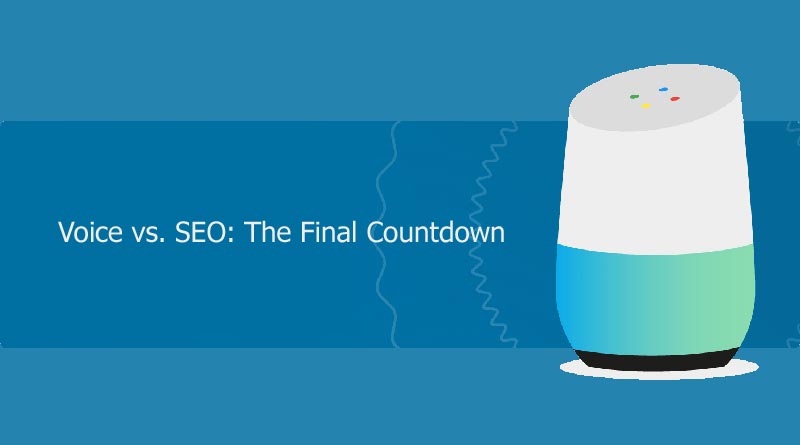As a marketer, you have to start optimizing your site for voice search. The consequence of not doing so, according to leading SEO agencies is that you could see a drop in the site’s traffic.
That leads us to the inevitable question – “Is voice search going to destroy traditional SEO?” That’s a tough one to answer. To get a reasonable answer, we need to consider what the potential effects voice search will have on SEO.
The negative effects that people are concerned about include the following points:
Keywords are a dying breed: This has been a long time coming with search engines focusing on the whole context of content. Voice search has accelerated this process because people tend to use conversational language when conducting a voice search, rather than sticking to keywords.
Search behavior is not as predictable: When you have to type out your search, you are likely to use as few words as possible. This makes it relatively easy to predict the type of search terms used. Voice searches open up a wider range of search terms.
More frequent searches: It is easy to ask your virtual assistant to do a search for you. This is a lot easier than typing out a search term yourself. This leads to more frequent searches, meaning that you really have to nail down those snippets to ensure you get good CTR and a lower bounce rate.
Rich answers: Virtual assistants are able to produce aggregated information about a subject or answer questions directly. That means that SERP becomes less important as fewer search results need to be viewed.
The positive effects to look forward to include:
RankBrain: This AI is helping to get to the bottom of what a user is actually asking. To put the search in a context, as it were. This means that more complicated queries can be simplified to help come up with the right search engine results.
Potential applications: Our virtual assistants are becoming even more advanced. They can help you make calls, book flights, etc. This extra functionality could benefit your business.
Local relevance is important: Local ranking is already seen as more important than hitting the first page of general search results every time. local searches makes up for 46% of the entire search volume. Voice search is mostly used on the go, so it’s likely that local SEO and hyper-local optimization will continue to grow in relevance. That’s good news for businesses with physical storefronts who may be able to earn more foot traffic and easier local search rankings thanks to the mobile voice search habits.
Back To Our Main Question
So, is voice search going to destroy traditional SEO? The answer is – “Not completely, but we will have to change the way we do things.” With the focus shifting from actual keywords to the context, we will have to get more creative with content.
What is good about this is that quality content that is contextually appropriate will have an advantage. The quality of the content that you produce is entirely in your own hands. Producing great content will now give you even more of an edge.
For any types of queries, you can contact us on info[at]namasteui.com.

